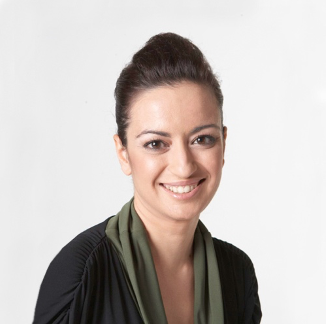
Dr. Theodosia Stavroulaki is a Jaharis Faculty Fellow at DePaul College of law, and her teaching and research interests include antitrust law, health care antitrust and public health law. Dr. Stavroulaki’s scholarship has been published in World Competition, Law & Economics Review, Loyola Consumer Law Review, CPI Antitrust Chronicle and the American Journal of Law & Medicine. Her forthcoming manuscript, HEALTHCARE, QUALITY CONCERNS AND COMPETITION LAW: A SyYSTEMIC APPROACH (Hart Publishing), explores how health care quality concerns are considered by competition authorities on both sides of the Atlantic. It also unveils the main antitrust and health equity concerns that may emerge in the age of big data revolution in health care. Her research has been funded by numerous prestigious institutions including the American Bar Association Section of Antitrust Law, the Fulbright Commission, NYU School of Law, Michigan Law School, European University Institute, Tel Aviv University, the European Commission, the Greek Scholarships’ Foundation and the Greek Association of Law and Economics. Over the past six years, Dr. Stavroulaki has been invited to deliver guest lecturers and present her research findings at the FTC, NYU School of Law, Boston University, Michigan Law School, Yale Law School, European University Institute, Wayne State University, Tel Aviv University and Haifa University. Before commencing her academic career, she worked as an antitrust associate in a leading law firm in Greece, where she advised multinational firms in a broad range of competition law issues in the pharmaceutical, automotive and IT sector, and as a blue book trainee lawyer at the Policy Unit of DG Competition of European Commission.